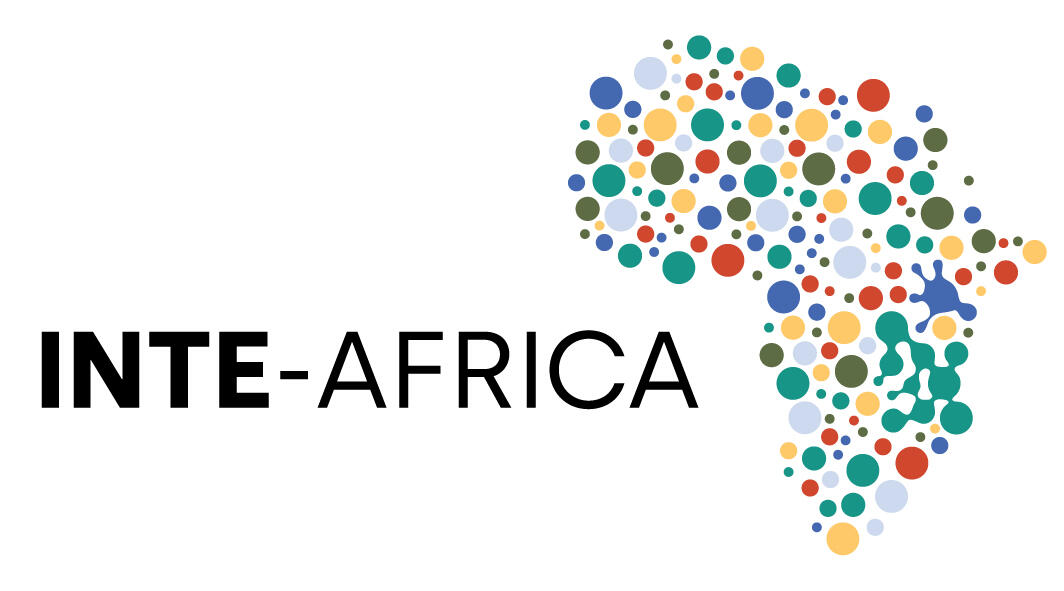
A new study has shown that integrated health care for chronic high-burden conditions in sub-Saharan Africa (hereon referred to as Africa) is feasible and that African health services could deliver high-quality services for less cost than with the current approach of separate vertical care for each condition.
This is an important finding. Presently, health care services for non-communicable conditions, such as diabetes and hypertension, are fragmented and the quality of care is inequitable when compared with services for HIV. Much less than half of the people who start treatment for diabetes or hypertension on the continent remain in care one year later and about 2 million premature deaths are attributed annually to the effects of these two conditions. In contrast, the vast majority of people living with HIV are in regular care and virally suppressed. Mortality rates of people with HIV have fallen over 5-fold since their peak in the early 2000s.
There has been growing interest to establish one stop integrated service delivery clinics using the platforms developed for and the learning acquired by HIV programmes to improve outcomes for people with non-communicable conditions. However, high quality evidence on the feasibility of such clinics, their potential effect on HIV outcomes and their costs, was lacking.
The paper, which has been published by The Lancet addressed this evidence gap. It reports a large study led by the National Institute for Medical Research in Tanzania, MRC/UVRI/LSHTM Uganda Research Unit and initially by LSTM, and later by the UCL Institute for Global Health.
The study involved multiple institutions from Tanzania and Uganda, and Europe. It showed that integrated care was associated with high levels of retention in care for people with diabetes or hypertension, that it did not adversely affect the rate of viral suppression among people with HIV, and that it was cost-saving for health care providers.
The World Health Organisation recommends integration of diabetes and hypertension care with HIV services since 2021; at the time of the guidelines processes in 2021, there was limited data on outcomes and this study supports the recommendation made which also called for more data on health outcomes, cost, and preferences.
Dr Meg Doherty, Director of the World Health Organisation Department of Global HIV, Hepatitis and STI Programmes said: “This was a large ambitious and well-conducted study with the potential to change policy and practice. It is the first study to test successfully the concept of a fully integrated one-stop clinic for people with HIV or non-communicable conditions, with excellent HIV and NCD outcomes. It is exciting to see that by including hypertension and diabetes screening into the HIV clinic in these 2 countries, there was no change in HIV viral load suppression outcomes."
Dr Gerald Mutungi, Assistant Commissioner for Non-Communicable Diseases in Uganda said: “This study is the culmination of more than 6 years of research, conducted in partnership with the Ministries of Health. It demonstrates that integrated management is effective and cost-saving. The findings will inform future control of non-communicable diseases on the continent."
Professor Tumaini Nagu, Chief Medical Officer of Tanzania said: “Our study provides clear evidence for policymakers to consider scale up of integrated care for HIV, diabetes and hypertension. With the high burden of non-communicable conditions now in Africa, and more and more people living with multiple chronic conditions, integrated management will be an essential and cost-effective approach for the continent.”
Stephen Watiti, a patient representative based in Uganda, and an author on the study said: “Patients are interested in their overall health and do not look at diseases individually. Integrated management will be a big welcome going forward, thanks to the findings of this study”.
Katie Dain, CEO of the NCD Alliance said: “We need the same powerful and coordinated global response to tackle NCDs that we’ve seen for HIV. We know how to do this, and this time, we can build on existing infrastructure. Integrated care is a win-win opportunity to make NCD care more accessible for people living with HIV and cost-effectively strengthen our health systems”.